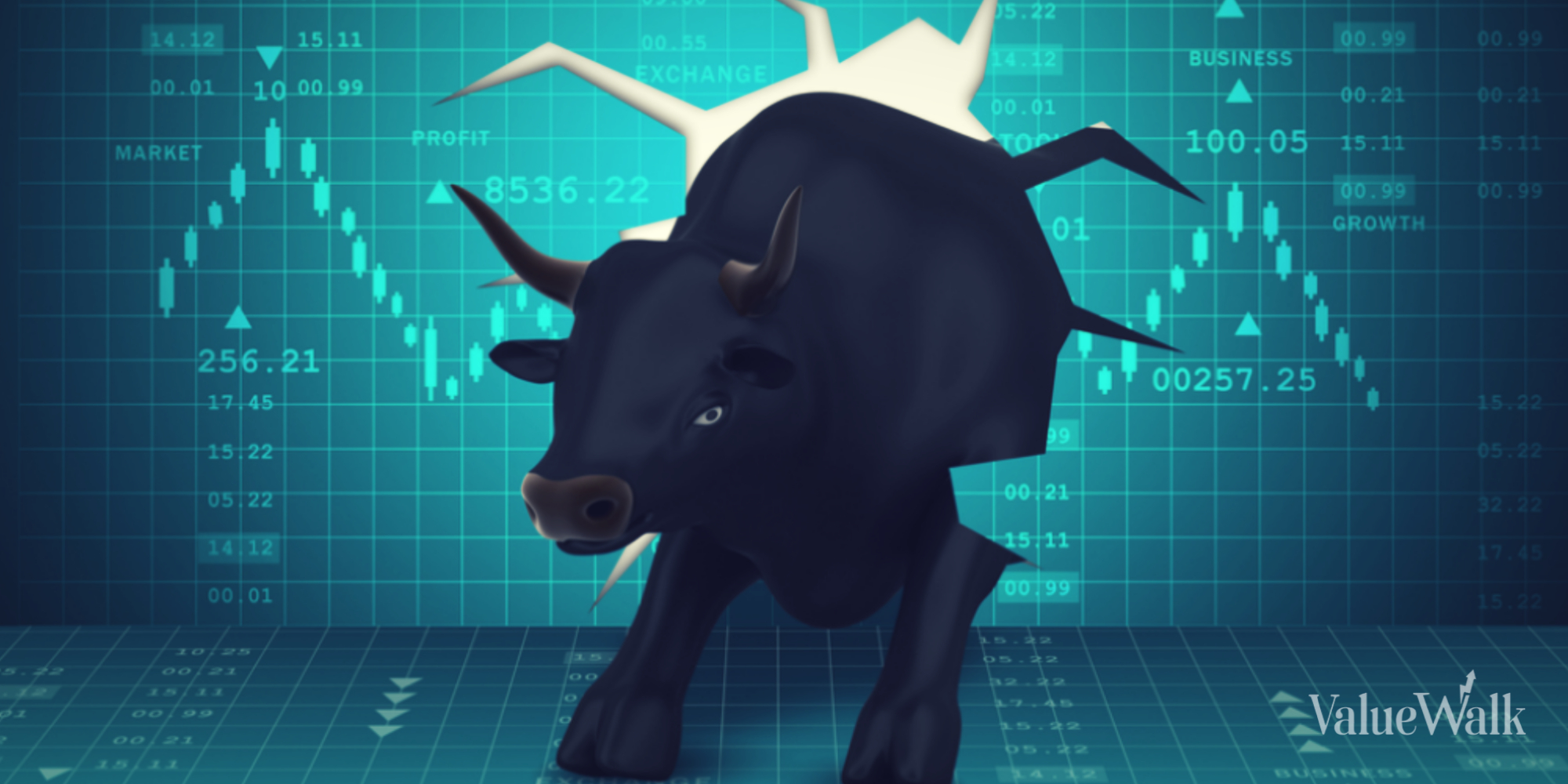Bull markets don’t just happen. It takes a lot of work to persuade stock investors that it’s okay to go along with the craziness that it takes to support a bull market.
That’s not the conventional view. The Buy-and-Hold idea is that bull markets are justified by the economic realities. Stock prices go up when the economic news is good. So a bull market occurs when the news is really, really good and remains that way for a long time.
A bull market is a liar’s market
Robert Shiller’s Nobel-prize-winning research showing the valuations affect long-term returns changed all that (or at least it changed it in the understanding of some of us). If valuations affect long-term returns, then the official market price does not reflect the realities. To identify the real value of the market, you need to adjust for the effect of irrational exuberance, the product of the inclination of investors to price stocks higher than their real value. According to this understanding, a bull market is a liar’s market. We all act in concert to push stock prices to unsustainable levels. For so long as no one spills the beans re what is going on, the official price of the market reflects the fantasy rather than the reality.
If you look at the history of stock prices, you see that getting people to believe in the fantasy is not a simple project. If we were all pure greedheads, we could push the price of stocks up to two or three times their real value in a matter of weeks. It never plays out like that. Stock prices will go up a little bit and then they will remain stable for a time or perhaps even retreat. After investors have taken some time to become satisfied that the higher price is credible, there will be an effort to push them up even a bit higher. Again, the effort will be a tentative one. The higher price becomes accepted only after investors have spent some time becoming accustomed to it.
Shiller talked about “irrational exuberance.” I believe that understanding the phenomenon is the key to understanding stock investing. There’s a temptation to believe that investors like high prices and so they push prices up, up, up. But the reality is that, while stock investors certainly are in part irrational, they are also very much tied to rationality. They ease their grip on rationality only reluctantly. Irrationality is something that has to be tested many times before investors are willing to leave rationality behind and push irrational exuberance to truly dangerous levels.
Strategic implications for managing irrational exuberance
There are two strategic implications that should be taken into consideration by those seeking to rein in irrational exuberance to the greatest extent possible.
One, given how hard it is to get a bull market off the ground, there are lots of opportunities to stop one from forming in the early stages of its development. Stock investors crave rationality. Present a rational case pointing out the dangers of bull markets and most investors will lose interest in building one. Investors can be persuaded to do the right thing.
That’s in the early stages of a bull market. That all changes when the irrationality reaches a point where popping the bubble would cause significant losses. Today’s CAPE value reveals that the stock market is priced at two times its real value. Investors understand on some level of consciousness that, if they agree to price stocks properly, they are going to see the value of their stock portfolio diminish by 50 percent. They will show determined resistance to that possibility. Bull markets are hard to get off the ground, But, once in place, they are even harder to bring to an end.
Of course, bull markets always come to an end. Once the bull is strong, it is seemingly oblivious to rational considerations. But that is never entirely the case. No matter how crazy things get, investors retain a bit of their common sense. That common sense tells them that, sooner or later the bull market will end and that, given that reality, the best thing is to recognize before others do that the end is near. Each individual investor becomes increasingly thrilled with each new price increase while at the same time becoming increasingly alarmed about the prospect of all of the price increases of recent times disappearing into the mist.
It’s hard to get a bull market off the ground. And then there comes a time when the bull market builds up enough momentum that it seems to generate its own forward motion. And then the inner resistance to further forward movement gradually becomes strong enough to stop the forward movement and to crash the thing into pieces.
It’s not possible to say when a bull market will come to an end. That’s what everyone wants to know. But that’s the thing that no one can know. The decision to end a bull market is an emotional one and we just don’t know enough today about the workings of human psychology to be able to predict with any confidence when the psychological shift will take place. Maybe someday we will possess a better understanding. But not today.
It doesn’t follow that we don’t need to lower our stock allocation when a bull market takes hold. High prices can remain in place for a long time. But, no matter how long a stretch of time it is before the bull prices collapse, the risk of a big price drop is higher during that time than it is while prices remain reasonable. The research-based investor doesn’t bother trying to guess when the bull market will end. He lowers his stock allocation a bit as soon as prices rise above fair-value levels with the intent of keeping his risk profile constant over time.
Rob’s bio is here.












